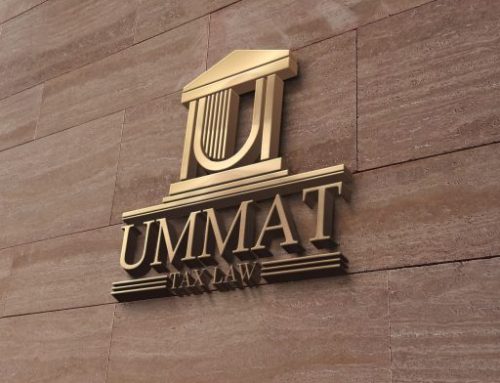Tax Court Rules in Favour of Minister
Pangaea One Acquisition Holdings XII S.À.R.L. v. The Queen 2018 TCC 158
Summary: In this Tax Court decision, the Appellant (“Pangaea”) argued that it should be entitled to a refund for Part XIII tax withheld on a payment it received from a Canadian company. Following an examination of the provisions at issue and the relevant case law dealing with restrictive covenants, the Court found that the tax was properly withheld and remitted and that Pangaea was not entitled to a refund.
Pangaea One Acquisition Holdings XII S.À.R.L (“Pangaea”) was a corporation resident in Luxembourg. A Canadian resident made a payment of $3M to Pangaea and withheld $750K pursuant to paragraph 212(l)(i). The main issue in this case was whether the payment made by the Canadian resident was in respect of a ‘restrictive covenant’ pursuant to subsection 56.4(2), and whether the $750K was properly withheld and remitted as a result.
The facts are straight-forward. Three entities, Pangaea, Thomvest and Dodds, held all of the shares of Public Mobile Holdings. Those shares were to be sold to Telus. For reasons not detailed in the decision, Thomvest agreed to pay Pangea $3M so that Pangea would agree to sell its shares. This payment became necessary because a unanimous shareholders agreement between the three entities outlined that any disposition of the Public Mobile shares would require unanimous approval.
Eventually, the Public Mobile shares were sold to Telus and the deal closed shortly thereafter. The letter agreement pursuant to which the $3M payment was made included a provision whereby Thomvest would withhold and remit any amount required by law. Thomvest remitted $750K, or 25% to the Receiver General, pursuant to 212(1)(i), which specifically addresses amounts received pursuant to 56.4(2). Pangaea requested a refund of the $750K, but the Minister assessed to deny the refund.
Simply put, a restrictive covenant is an agreement that affects the acquisition or provision of property or services by the taxpayer but does not include an agreement that actually disposes of the taxpayer’s property. Importantly, subsection 56.4(2) requires a restrictive payment to be included in income.
Pangaea acknowledged at trial that 56.4(2) requires a restrictive covenant payment to be included in income and that withholding tax applies if that payment is made to a non-resident. Pangaea argued that the letter agreement between itself and Thomvest fell within the ambit of the exception in the definition of a restrictive covenant. According to Pangaea, the letter agreement between itself and Thomvest was “an agreement or undertaking that dispose[d] of the taxpayer’s property”. Pangaea essentially argued that the letter agreement disposed of its veto rights under the unanimous shareholder’s agreement. Since it disposed of property[1], the agreement was not a restrictive covenant at all.
The Minister argued that when Pangaea entered into the agreement with Thomvest, it was waiving its right to block the sale of shares in Public to Telus. As a result, the agreement “…affected the provision of property” and the exception did not apply. Essentially, the letter agreement did not dispose of any property, rather, the Appellant’s waiver of its right to block the sale of the shares was a covenant that affected the acquisition or provision of property (the shares of Public Mobile).
Justice Smith was left to decide if the amount at issue was received pursuant to an agreement which would affect the acquisition or provision of property, or was an agreement that actually disposed of the taxpayer’s property.
By reviewing a series of relevant cases, and applying the relevant principles of statutory interpretation, the Court found that the Minister was correct and that the agreement between Pangaea and Thomwest would affect the provision of property, and was not an agreement disposing of the taxpayer’s property (the veto rights) to Thomvest.
[1] The definition of ‘property’ in subsection 248(1) includes a right.




